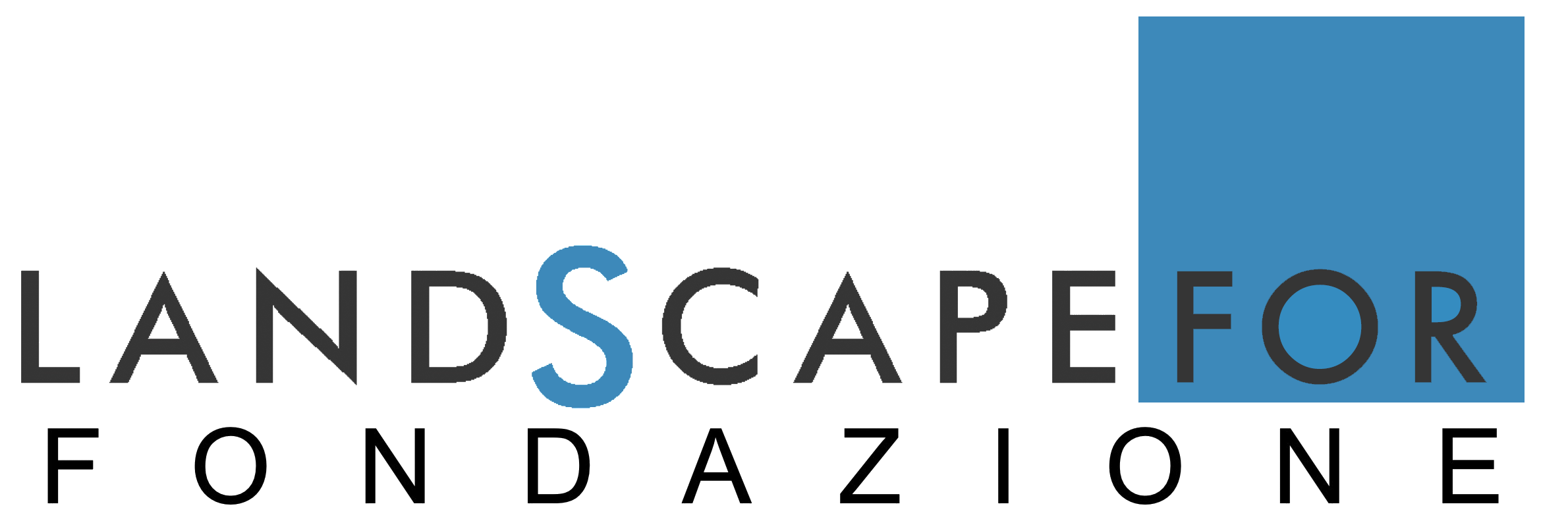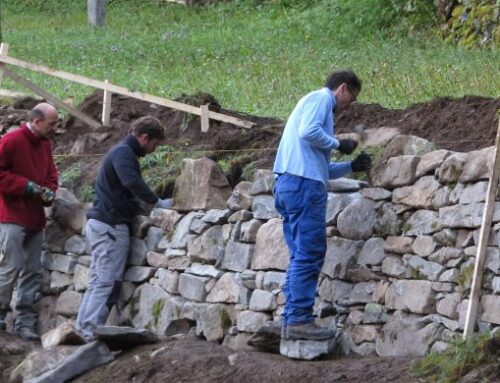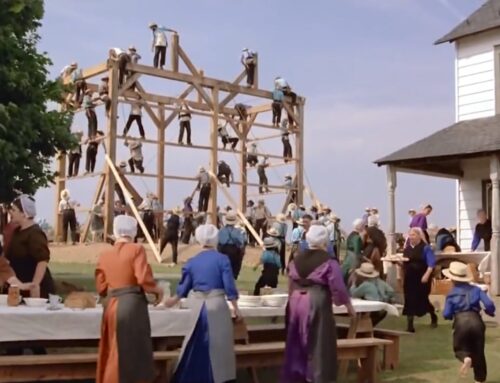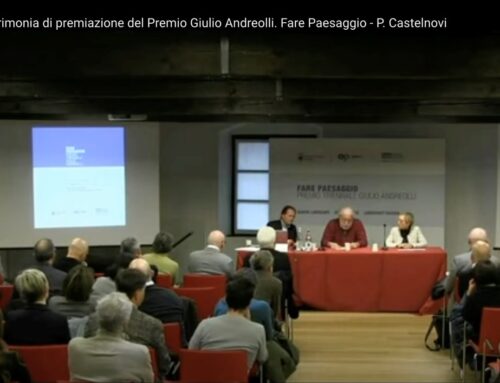After more than ten years of honourable service, the Landscapefor Association evolves into a Foundation and enrols in the Unique Register of the Third Sector (RUNTS). This is an opportunity to reflect on the steps taken and the routes to be taken: organic relations not only with local institutions, but also with universities and other actors of the Third Sector.
Created to provide services for the refinement of knowledge, skills and curiosity about the territory and its cultures, Landscapefor has seen a progressive change in its target audience in recent years. The target audience was imagined to be the cultural tourist, the student who explores his or her territory, the gourmand of local stories and delicacies. We set out to accompany well-founded skills, and instead we increasingly encountered a demand for basic, unstructured knowledge, in need of elementary training and simple, appealing tools to explore even just the places they inhabit.
This is a situation now encountered by all those involved, institutionally or otherwise, in cultural research and dissemination: media, languages, the very meaning of communication have changed.
The traditional pact underpinning cultural exchange, based on the accumulation of knowledge and shared memory, has tacitly expired, and values are passing by other routes, with metaphors and mental pathways more directly in touch with emotions and intuitions and less traceable to common knowledge or experience.
The new demand for knowledge is not only deconstructed with respect to the institutional modes of schooling, but increasingly extends in fragments, in a personalised manner and over a lifetime.
A structural transformation is taking place in the mode and content of cultural communication, which entails a major revision of the approach of almost all the institutions that have presided over culture for centuries, starting with universities. It is not by chance that the urgency of a hitherto neglected attention to the ‘third mission’ of disseminating research and knowledge archives, which now institutionally accompanies the first two missions (education and research), is emerging everywhere.
Universities are realising that the internal production of knowledge (particularly scientific knowledge) is rewarded if it is specialised and neglected if it is transdisciplinary, and that a track has been traced for the new generations of teachers and researchers that leads in the opposite direction to the more widespread demand for knowledge, which is increasingly simplified, synthetic, and contradictorily fragmentary but holistic.
Investments in skills and equipment prepared for dissemination are required as of now. Looking ahead, we see the importance for the university of a new strategy of researching and experimenting with languages and modes of communication suited to the new demands, the results of which will also have to reform the performance of the first two missions.
A vision is thus outlined in which Landscapefor Foundation is at the forefront of an epochal change in communication and culture, which is affecting entire generations, and will produce a new way of being not only inhabitants or tourists, but also researchers and teachers.
All agree that the new communication must lean on aspects of which one has direct experience.
Cornerstones of direct experience are ourselves (our bodies and minds) and the territory we inhabit. Leaving the endless tales of innovations affecting the body and mind to others, there is much to tell about the territory: from the fallout of current trends of global change or organizational, production, and service innovations, to the recognition of the values of the landscape we inhabit or visit, from the multiple gazes of artists to the networks of initiatives for the enhancement of local resources.
It is precisely for these purposes that for years Landscapefor Foundation has been developing Atlasfor, a multimedia atlas that makes it possible, on the one hand, to sort large quantities of georeferenced images and videos in an open and easily operable way, and on the other hand, to organize them in the form of a narrative of places and activities. It is a tool that is easy to use, continuously updatable, and immediately usable on the Web, with the desired degree of in-depth analysis, offering itself as an innovative cultural dissemination service.
Atlasfor, which is also accredited as an ISSN journal, is made available to universities and research or archiving centers as a laboratory immediately open to the most diverse experimentation, with a view to systematic use for the reporting and dissemination of cultural productions. A “room” in the Atlas can be reserved for each of the subjects who wish to use it, in which they can fine-tune the language and the way of narrating their research, whether or not accompanied by our editors and whether or not they publish what they have elaborated.
In 2024 we plan to open, with special agreements, systematic relationships with the universities of Turin, Genoa, Padua, Camerino.




